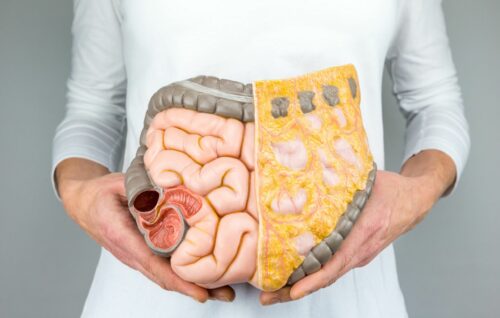1. B Vitamins
Eating healthy foods rich in B vitamins and B vitamins supplements can greatly improve digestive health. B vitamins promote probiotics (Greek: ‘for life’) compounds produced by beneficial gut microorganisms which aid metabolic function and improve absorption.
2. Probiotics supplementation
An imbalance from junk food and a lack of drinking water would produce too much harmful gut bacteria: Drinking good clean water, having quality nutrition, such as fermented foods with other probiotics in the form of supplementation produce those beneficial compounds produced from beneficial bacteria. Those Compounds include lactobacilli, L. Acidophilus and bifobacteria… for digestive health.
3. Aloe Vera
Nutrient rich Aloe Vera can be used for a multiple of benefits, which is why I’ve been a bit of an evangelist with this wonderful health product! It is used as a digestive aid because of its ability to aid nutrient absorption, improve bowel regularity, detoxify, reduce harmful bacteria and lower heartburn…
4. Up the magnesium levels
This is another great nutrient with multiple benefits and digestive health is no exception. It is a highly underestimated nutrient, having many different roles in metabolic function. I will be giving more information on magnesium in a future article. For now, you may well want to look at getting magnesium as a supplement for optimization.
5. Maintain good posture
Whether it’s in the bathroom or in everyday life, maintaining good posture is not to be underestimated. For example, it’s important to maintain good posture when sitting at the office desk for time lengths. This allows digestive organs to function optimally. Whether it’s sitting down or standing, posture is something to be checked out.
6. Eat less gas producing foods
Eating less gas producing foods like peas and beans to reduce flatulence…
7. Have your drink after the meal.
If you drink during your meal then that dilutes the effect that the digestive enzymes have on breaking down food. This simple change of habit can be so effective.
Finally
This article serves to allow the reader to make informed choices about their digestive health. It is not to be used as a substitute for the trusted guidance of a health professional, who should be consulted at all times where necessary.


